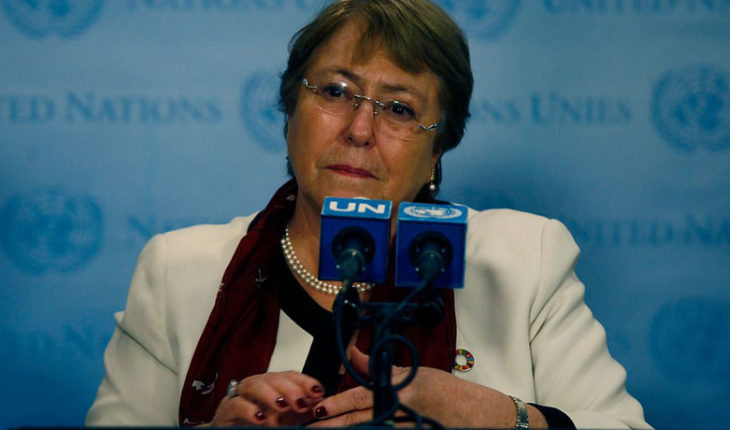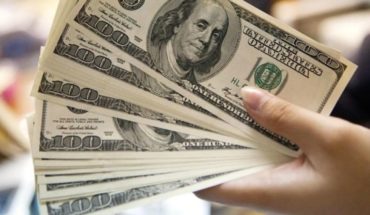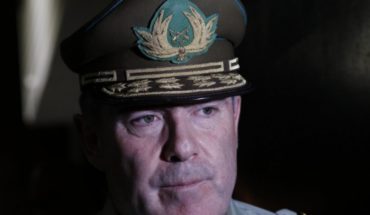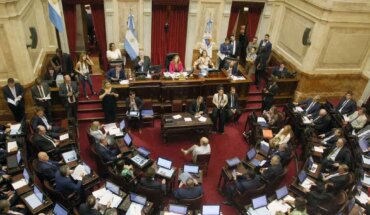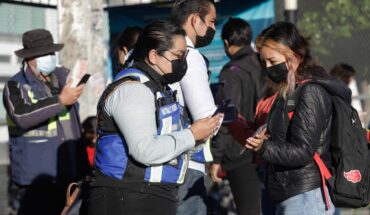UN High Commissioner for Human Rights Michelle Bachelet has stated that, in the eyes of the international organization, Venezuela’s “president-elect” remains Nicolás Maduro and has advocated dialogue to resolve the political crisis South American country.
Bachelet has stated in an interview with TVN that, as High Commissioner, she cannot issue a “personal opinion” on what is happening in Venezuela, so that, for example, she prefers not to “qualify” the Maduro government or assess whether she represents a dictatorship.
The former Chilean president has merely admitted that there is no “full democracy” in Venezuela, although as UN head of human rights she has limited herself to the conclusions drawn up by her team from a series of investigations and which account for the abuses of rights and freedoms that would be being committed.
Bachelet, a supporter of “maintaining the relationship” with the Venezuelan state, has assured that, according to UN doctrine, Maduro is the “president-elect” and opponent Juan Guaidó the president of the National Assembly, despite more than half a hundred countries – entr and Spain- have recognized the latter as the legitimate representative after the elections of 2018.
“The only instance that can define a change of situation is the General Assembly,” he added, alluding to a hypothetical recognition that has only been given on two other occasions throughout history. United Nations, Bachelet has pointed out, “has certain rules.”
The current Chilean President, Sebastián Piñera, has referred to these statements upon his arrival in New York to attend the UN General Assembly and assured that “the position of the Chilean government is that Juan Guaidó is the legitimate president of Venezuela” , according to local media.
He responded to the criticism
On criticism unleashed in Venezuela in the wake of critical reports from his office, Bachelet has denied it a surprise, to the extent that it “passes with any country in the world.” “Every time we pull out a report, governments don’t like it,” he said, especially when it comes to “things are not perfect.”
However, it has avoided partial characterizing its investigations. “If you want (our reports) not to be biased, let us in. So we’ll have a chance to talk to all parties,” he added.
Bachelet has come out in step with the accusations of the opposition, who criticized him for an alleged delay in sending a mission to Venezuela, and of those who consider that he has done nothing to change things: “Do you think I am the Virgin Mary? That I’m going to do a miracle?”
“Some people expected from me things that did not correspond to my office,” he stressed, although he has pointed out that there are those who did consider it a “miracle” that, coinciding with their visit, the power outages in Caracas were interrupted.
Bachelet has also spoken on the Inter-American Treaty on Reciprocal Assistance (TIAR) to warn veiledly against its use, as it believes that the only way to solve the Venezuelan crisis goes through dialogue between the main political actors.
In this sense, “expects” that there will be no military intervention. “If one were to consider a country to be undemocratic, it is not because of the undemocratic ways that it has to solve them,” Bachelet said.

